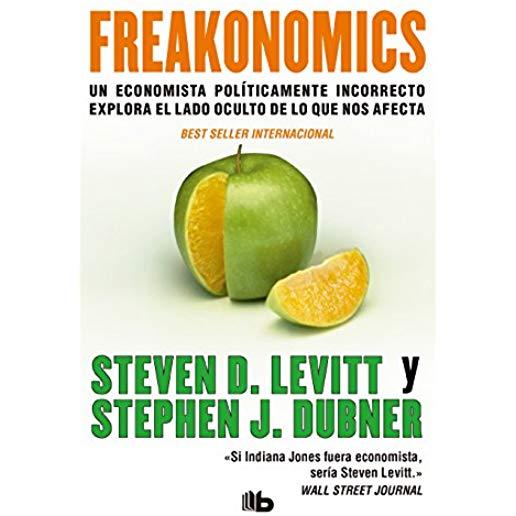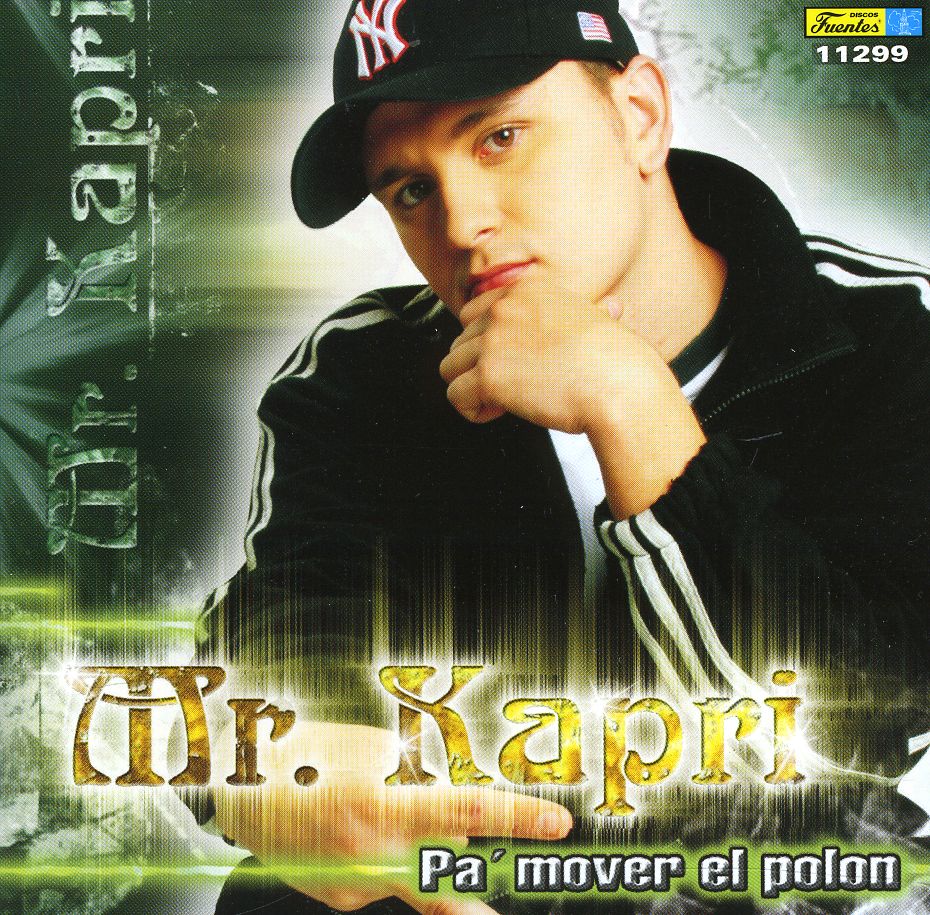
description
3En esta obra, Levitt y Dubner demuestran, a través de ejemplos y una sarcástica perspicacia, que la economÃa representa el estudio de los incentivos. Qué resulta más peligroso: una pistola o una piscina? Qué tienen en común un maestro de escuela y un luchador de sumo? Por qué continúan los traficantes de drogas viviendo con sus madres? En qué se parecen el Ku Kux Klan a los agentes inmobiliarios? Quizás éstas no sean las tÃpicas preguntas que se formula un experto en economÃa, pero Steven D. Levitt y Stephen J. Dubner no son unos economistas muy tÃpicos.
Se trata de especialistas que estudian la esencia y los enigmas de la vida cotidiana y cuyas conclusiones, con frecuencia, ponen patas arriba la sabidurÃa convencional. A través de ejemplos prácticos y de una sarcástica perspicacia, Levitt y Dubner demuestran que la economÃa, en el fondo, representa el estudio de los incentivos: el modo en que las personas obtienen lo que desean, o necesitan, especialmente cuando otras personas desean o necesitan lo mismo. ENGLISH DESCRIPTION Which is more dangerous, a gun or a swimming pool?
What do schoolteachers and sumo wrestlers have in common?
How much do parents really matter?
These may not sound like typical questions for an economist to ask. But Steven D. Levitt is not a typical economist. He studies the riddles of everyday life--from cheating and crime to parenting and sports--and reaches conclusions that turn conventional wisdom on its head. Freakonomics is a groundbreaking collaboration between Levitt and Stephen J. Dubner, an award-winning author and journalist. They set out to explore the inner workings of a crack gang, the truth about real estate agents, the secrets of the Ku Klux Klan, and much more. Through forceful storytelling and wry insight, they show that economics is, at root, the study of incentives--how people get what they want or need, especially when other people want or need the same thing.
Se trata de especialistas que estudian la esencia y los enigmas de la vida cotidiana y cuyas conclusiones, con frecuencia, ponen patas arriba la sabidurÃa convencional. A través de ejemplos prácticos y de una sarcástica perspicacia, Levitt y Dubner demuestran que la economÃa, en el fondo, representa el estudio de los incentivos: el modo en que las personas obtienen lo que desean, o necesitan, especialmente cuando otras personas desean o necesitan lo mismo. ENGLISH DESCRIPTION Which is more dangerous, a gun or a swimming pool?
What do schoolteachers and sumo wrestlers have in common?
How much do parents really matter?
These may not sound like typical questions for an economist to ask. But Steven D. Levitt is not a typical economist. He studies the riddles of everyday life--from cheating and crime to parenting and sports--and reaches conclusions that turn conventional wisdom on its head. Freakonomics is a groundbreaking collaboration between Levitt and Stephen J. Dubner, an award-winning author and journalist. They set out to explore the inner workings of a crack gang, the truth about real estate agents, the secrets of the Ku Klux Klan, and much more. Through forceful storytelling and wry insight, they show that economics is, at root, the study of incentives--how people get what they want or need, especially when other people want or need the same thing.
member goods
No member items were found under this heading.
Return Policy
All sales are final
Shipping
No special shipping considerations available.
Shipping fees determined at checkout.







